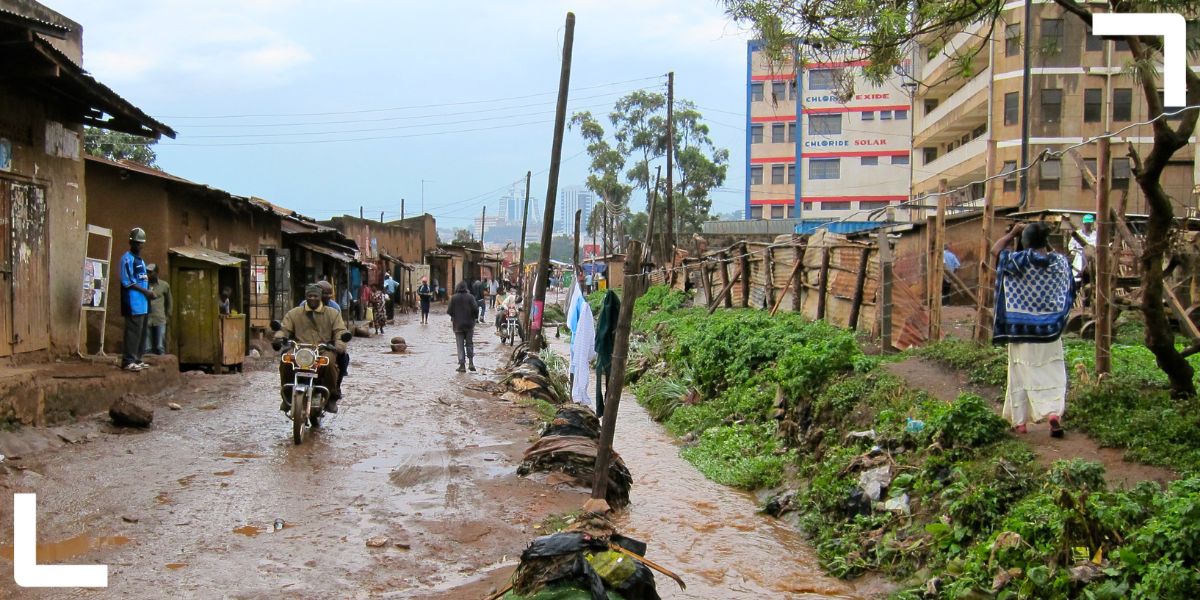“A critical mass of slum dwellers creates a force that councils cannot ignore… It can forge its own agenda and then negotiate and partner with others to implement it.”
– Sarah Nandudu
vice-chairperson of the Slum Dwellers Federation in Uganda
and community leader in Jinja
Drawing together coalitions of urban reformers has long been used to address disadvantage in rapidly growing cities around the world and there is a growing interest in how these coalitions operate within particular political contexts. Groups of diverse stakeholders (such as social movements, civil society organisations, state agencies and private enterprises) are coming together and forming urban reform coalitions to achieve common goals. They have the potential to improve the relational capital of disadvantaged residents, increasing the legitimacy of their claims, advancing their interests and leading to pro-poor reforms.
A new open access paper in Area Development and Policy by Diana Mitlin investigates how such coalitions can contribute to inclusive and equitable urban change in the global South. Entitled “The contribution of reform coalitions to inclusion and equity: Lessons from urban social movements”, the paper explores the motivations and experiences of four innovative urban social movements and civil society support agencies, in nurturing and engaging with reform coalitions:
- Urban Resource Centre (URC), Karachi, Pakistan
- City development committees and the Community Organisation Development Institute (CODI), Thailand
- Municipal development forums (MDFs), Uganda
- Mukuru special planning area, Nairobi, Kenya
In each of these examples, there have been deliberate efforts to deepen relations between state agencies and organised low-income communities. Exploring the similarities and distinct characteristics of each case, the paper provides an analysis of why they appear to work.
Places of contestation
The paper finds that there are no “silver bullets” – urban areas are places where ideas, resources and relations are contested. But within existing constraints, coalitions may catalyse important change, in the face of significant forces seeking less equitable outcomes.
The strength of local democracy is a significant factor. In three of the four cases studied, successes have been threatened by the weakening of national government support for, and practices of, local-level democracy. Despite successes, coalitions may struggle to keep processes on track and reform efforts may weaken over time, undermined by political and business interests – particularly if coalition gains threaten economic interests.
Catalysing and extending opportunity
When seeking to protect gains and advance their interests, urban social movements and civil society support organisations find coalitions helpful, as part of a process that determines and influences political opportunities. Coalitions use knowledge, dialogue and co-learning to change the subjectivities of elite participants, other powerbrokers and community members. They have to act with care, both to protect their autonomy and engage the state successfully. Progress is secured through a slow, uneven non-linear process, as coalitions test and extend existing opportunities and catalyse new ones. Even as some spaces open, others may close and, in some contexts, remaining standing is an achievement.
Further discussion
- Read the open access paper
- Read more on reform coalitions from Diana Mitlin: Citizen-government coalitions could hold the key to the reform of African cities
- Watch Diana present ACRC’s approach to catalysing urban reform
- Listen to Diana in conversation with Ezana Haddis Weldeghebrael about inclusive urban reform coalitions on the African Cities podcast
These issues will be explored further in a forthcoming, invitation-only conference, to be held in Manchester, 13-15 June 2023: “The role of reform coalitions for equitable, inclusive and sustainable urban outcomes”. Further details will be announced in the coming months – sign up to the ACRC e-newsletter to receive updates.
Header photo credit: Slum Dwellers International / Flickr (CC BY 2.0). Flooding in Kisenyi, Kampala.
Note: This article presents the views of the author featured and does not necessarily represent the views of the African Cities Research Consortium as a whole.
The African Cities blog is licensed under Creative Commons Attribution-NonCommercial-NoDerivatives 4.0 International (CC BY-NC-ND 4.0), which means you are welcome to repost this content as long as you provide full credit and a link to this original post.


